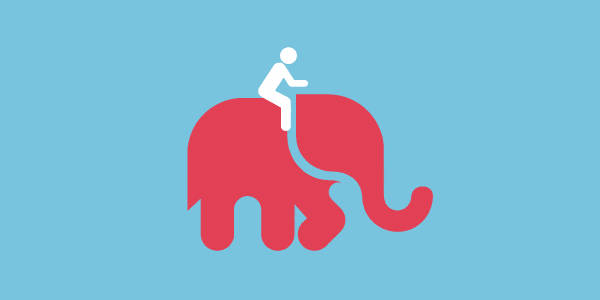

Digital minimalists don't necessarily always reject certain technology tools.If not, either optimize the technology or avoid it. If it does, you must ask yourself whether that technology is the best way to support your values. Every new technology must pass a few tests.It needs to be rebuilt from the ground up, using your deeply held values as a reason. Tips, tricks, and "life hacks" aren't enough to transform your relationship with technology.This chapter has a few important takeaways for readers: "What worries them much more is diminishing the large things they already know for sure make a good life good." In the next chapter, Newport introduces and defines the concept of digital minimalism: "A philosophy of technology use in which you focus your online time on a small number of carefully selected and optimized activities that strongly support things you value, and then happily miss out on everything else".ĭigital minimalists "don’t mind missing out on small things", he continues. Combatting that reliance requires completely reshaping how we interact with technology, which is what Newport teaches in the rest of the book. The intermittent positive reinforcement that we receive from social networks and smartphones - like notifications, likes, and retweets - was built in on purpose, to maximize reliance on these new technologies.

This technology is specifically engineered to be addictive. And technologies like iPhones and Facebook are, put simply, designed to addict their users. The research shows that addiction doesn't have to involve a chemical component - people can become addicted to an action (which is called "behavioral addiction"). Newport summarizes research by Adam Alter, author of Irresistible, who wrote about our relationships with smartphones and social media platforms from a psychological perspective. "People don’t succumb to screens because they’re lazy, but instead because billions of dollars have been invested to make this outcome inevitable", he writes. But as he lays out his evidence, he begins to seem less catastrophizing. In the first chapter of the book, Newport makes a bold claim: clicking "like" on social media is the new smoking. In the first section of the book, "Foundations", Newport introduces many key concepts, outlined below.

The "Social Media Paradox" is Newport's observation that social media makes many people feel connected and happy, while simultaneously lonely and sad.
CAL NEWPORT KEYSTONE HABITS FREE
CAL NEWPORT KEYSTONE HABITS HOW TO
The book in one sentence: Digital Minimalism is about learning how to draw the line with technology, taking more time away from digital devices, while focusing your online time on activities that support your values and goals. Digital Minimalism: Choosing a Focused Life in a Noisy World by Cal Newport If that sounds like you, read on for all the key takeaways from the book. His groundbreaking book Digital Minimalism is for anyone who feels overwhelmed or reliant on their technology and wants to reap the same benefits of productivity and connectedness, while also reducing addiction to and reliance on tech.

You're likely already familiar with Cal Newport, the famous productivity expert who introduced us to Deep Work. You've clicked on an article for a Digital Minimalism book summary - is it because you're feeling overburdened or distracted by the technology in your life? If so, we'll cut right to the chase!


 0 kommentar(er)
0 kommentar(er)
